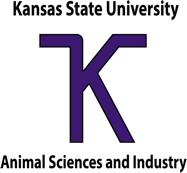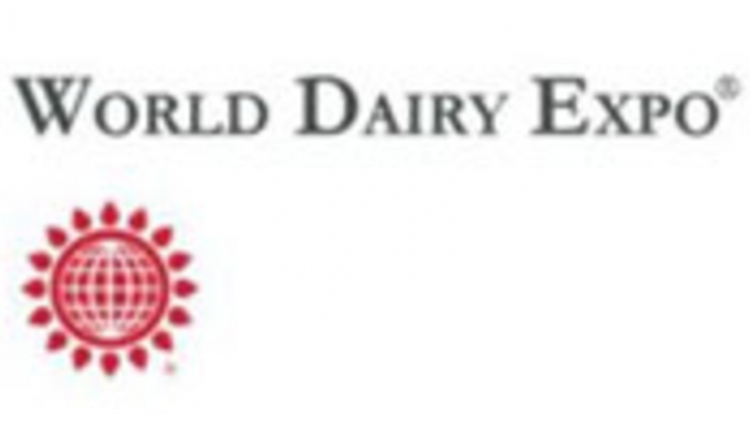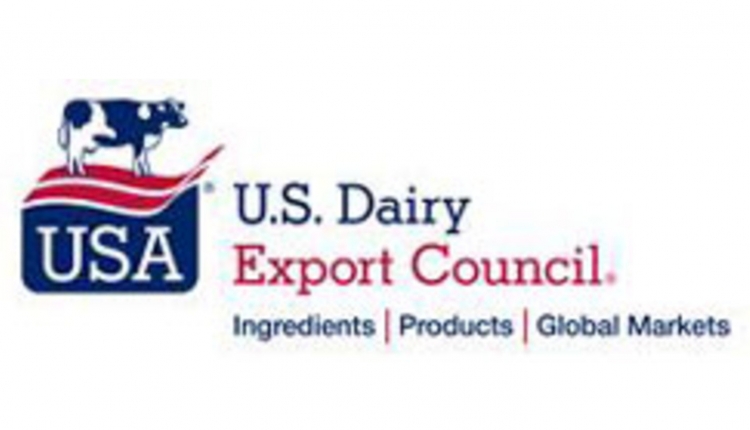The information below has been supplied by dairy marketers and other industry organizations. It has not been edited, verified or endorsed by Hoard's Dairyman.
Preparing for the future, the Kansas State University Dairy Teaching and Research Center (DTRC) is restructuring its cow herd and management strategy. Today DTRC is home to approximately 250 lactating Holstein cows primarily used for teaching students, research and providing important information to the industry.
DTRC, which was built in 1977, has been home to research and teaching of dairy nutrition, reproduction, health, housing and management. Even though there are challenges due to the aging facilities, this has remained as one of the most productive herds in Kansas for the past decade. The unit provides hands-on experience and research opportunities for undergraduate and graduate students. They get access to facilities, technology and training that prepares them for work in the dairy industry. Students are involved in various aspects of the dairy operation, including milking, feeding, maintenance, health and wellness, data analysis, and research projects.
“As a land-grant university, it is critical that we be on the forefront of new dairy technology, education and research” says Dr. Mike Day, K-State Animal Sciences and Industry department head. “As the industry evolves, our program and facilities that support the program needs to evolve to help us train the next generation of dairy producers, educators and researchers. We envision that in coming years, K-State will become the regional leader for teaching, research and outreach for dairy production and processing. The first step needed to realize this vision is to replace the aging dairy facilities that support research, teaching and outreach for both dairy production and products.”
As the unit works toward its goal, it is necessary to temporarily reduce herd size. “The challenging labor situations found across the country are no different for K-State, and the aging facility exacerbates this situation. We have carefully considered how many cows we need to maintain, in the short term, to optimize cow care and facilities while providing high-quality knowledge in the form of research, teaching and extension activities,” explains Dr. Billy Brown, K-State assistant professor.
Dr. Victor Gomez Leon, K-State dairy extension specialist, adds, “Our DTRC produces benefits beyond milk, such as the next generation of dairy leaders and highly impactful research and outreach activities. In the short-term, reducing the herd number would be the most sustainable decision to continue providing those opportunities and services during a period of labor shortage in these aging facilities. A state-of-the art facility with cutting-edge technology would help ensure that we conduct teaching, research and extension efforts that are up to modern dairy industry standards for decades into the future.”
As DTRC transitions this summer, Dr. Mike Brouk, K-State professor and extension specialist, will be transferring faculty coordinator responsibilities to Brown and Gomez Leon, who will jointly supervise the DTRC. “Despite the challenges, Dr. Brouk has gone above and beyond his impactful extension, research and teaching contributions to ensure that the DTRC fulfilled its role in our teaching, research and extension missions for the past two years,” Day says. “Many thanks to Mike for his dedication and commitment to the department and DTRC.”
Located on Animal Science Road north of Marlatt Avenue, the DTRC is just minutes from the K-State Dairy Processing Facility and the Call Hall Dairy Bar. “All of the dairy products offered at the Call Hall Dairy Bar follow a “farm-to-spoon” principle,” Day explains. “The entire production cycle that leads to raw milk, that is then processed to result in Call Hall Ice Cream, cheese, milk and other products, all happen within a 2-mile radius of the Dairy Bar. This temporary reduction in herd numbers will not impact the capacity of Call Hall Dairy Bar to provide the ice cream and other dairy products that all enjoy.”
For more information about the K-State Dairy Teaching and Research Center, contact Brown at brownb@ksu.edu or Gomez Leon at vgomezleon@ksu.edu.
About Kansas State University Animal Sciences



